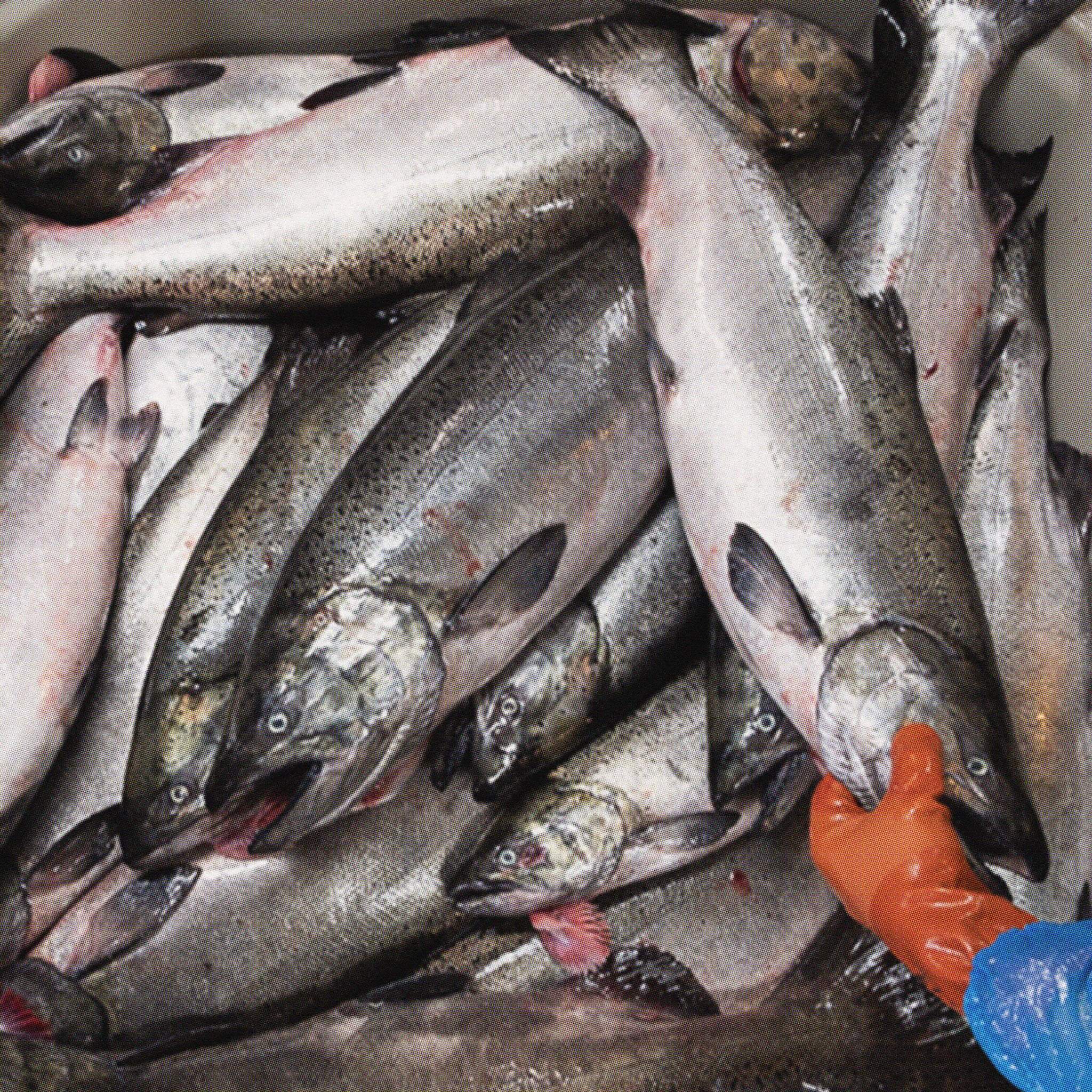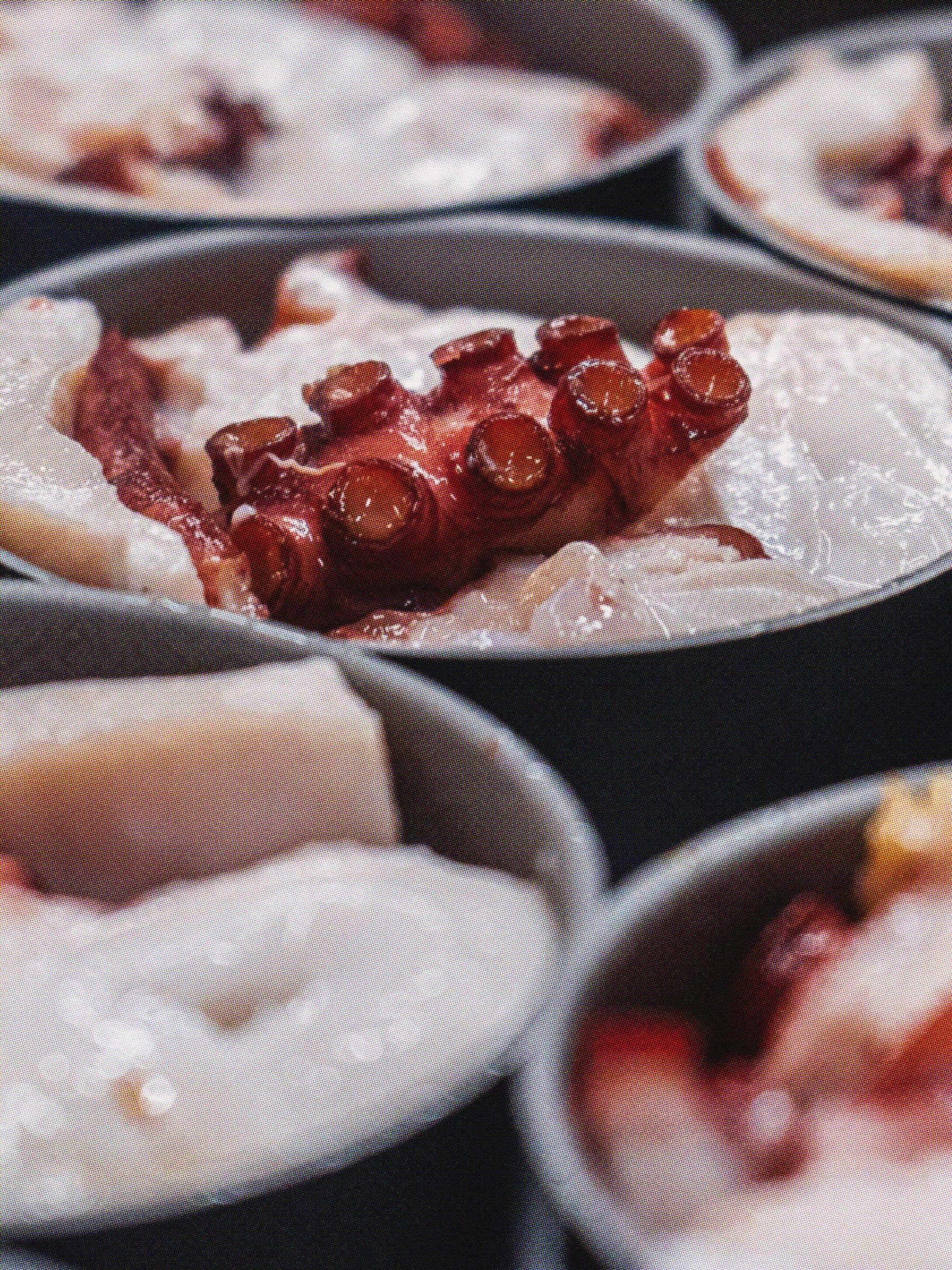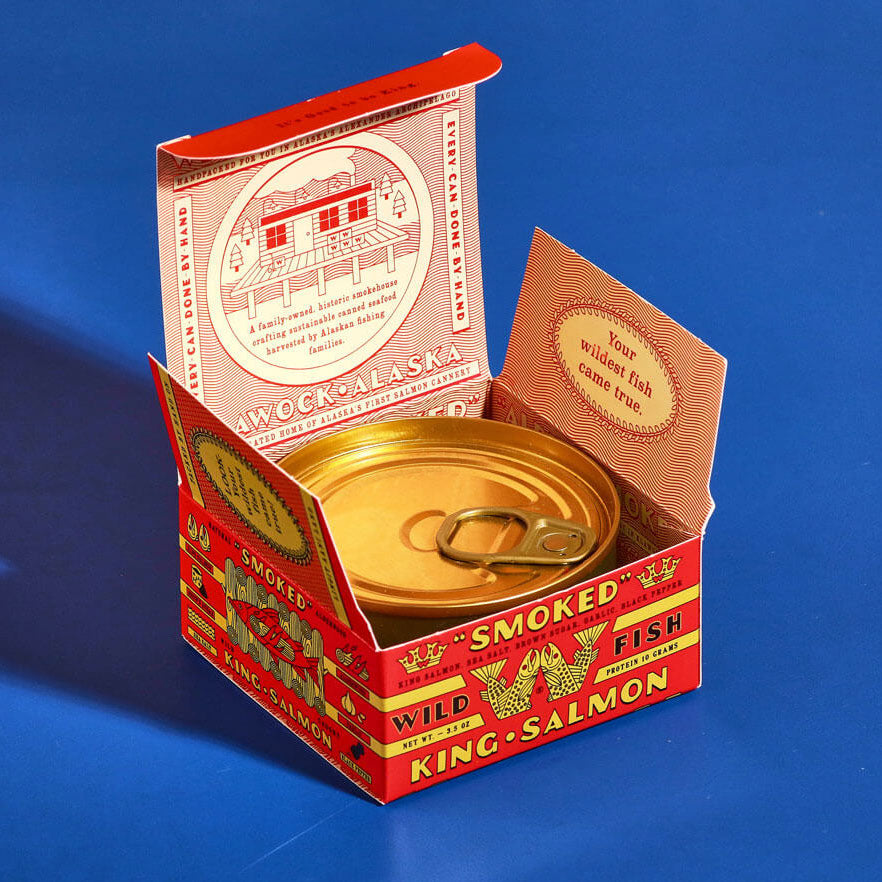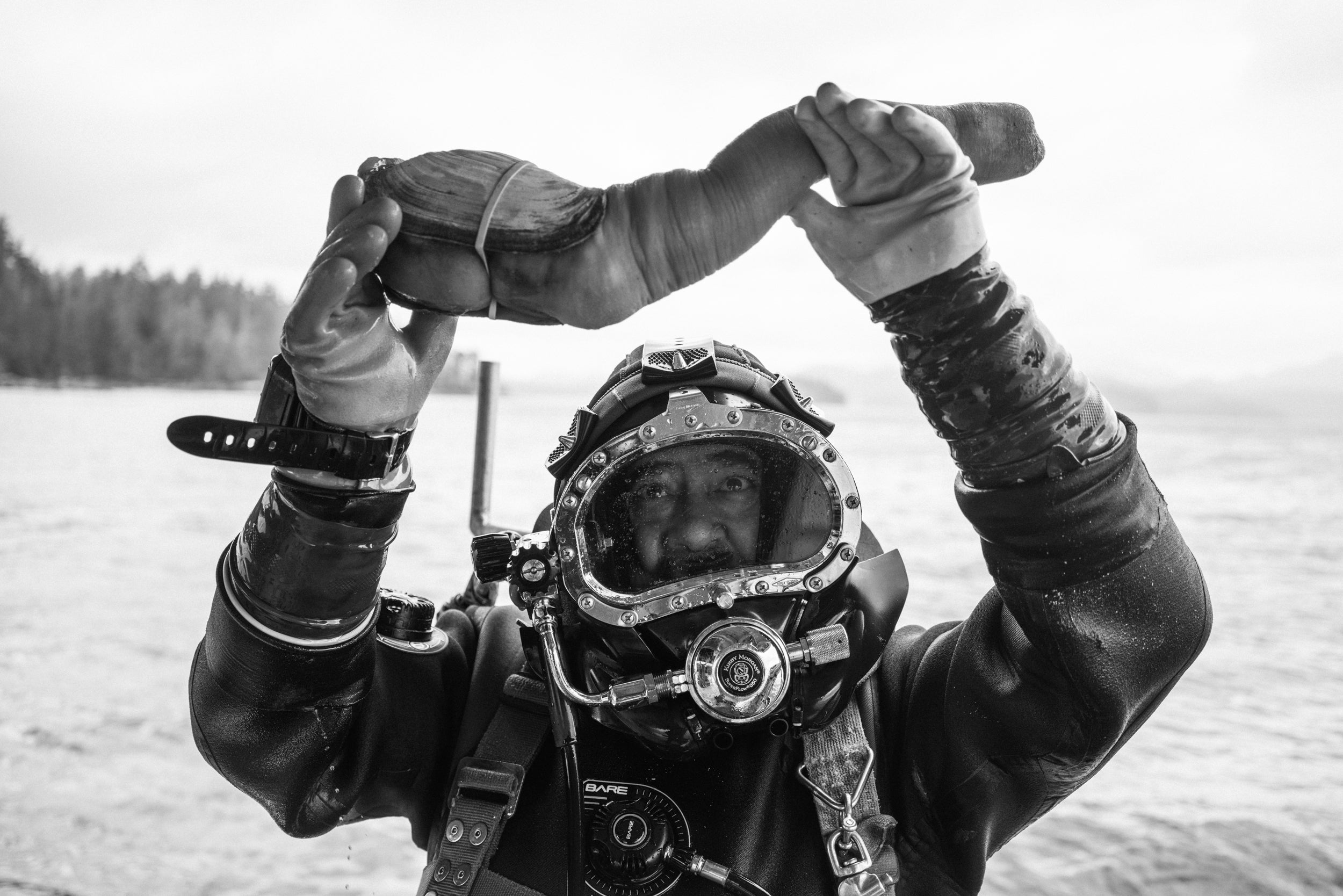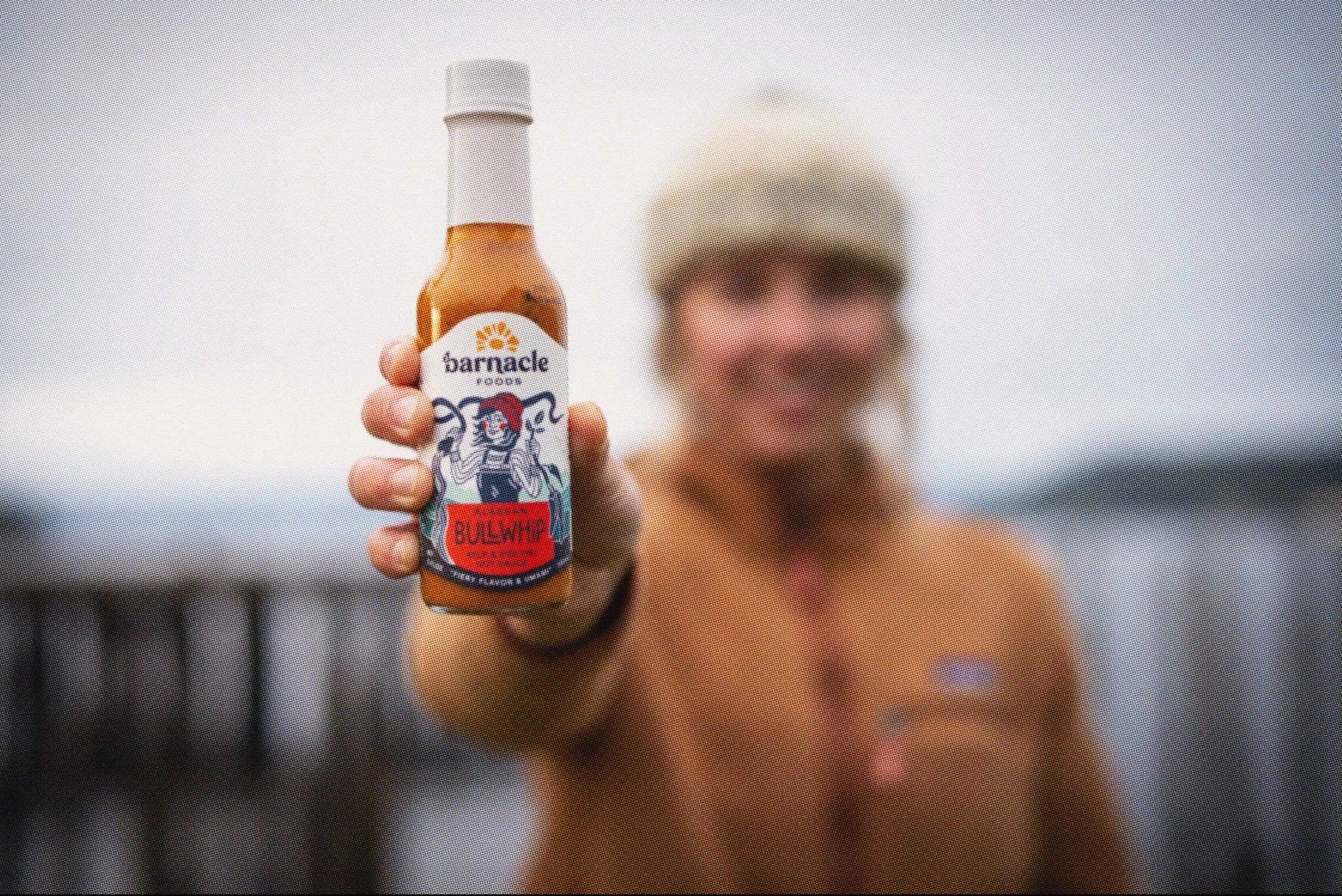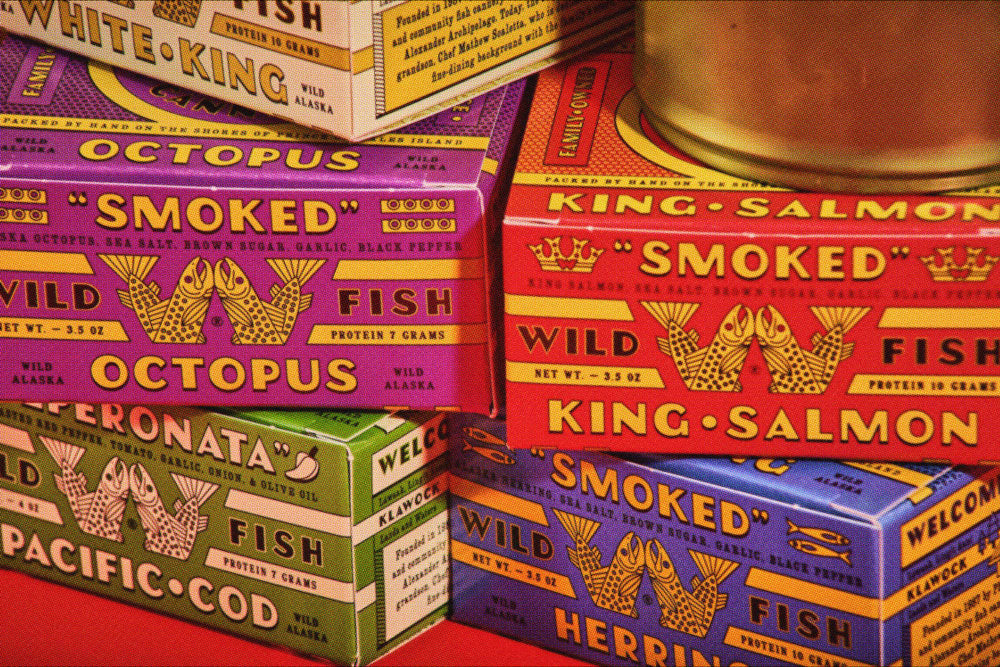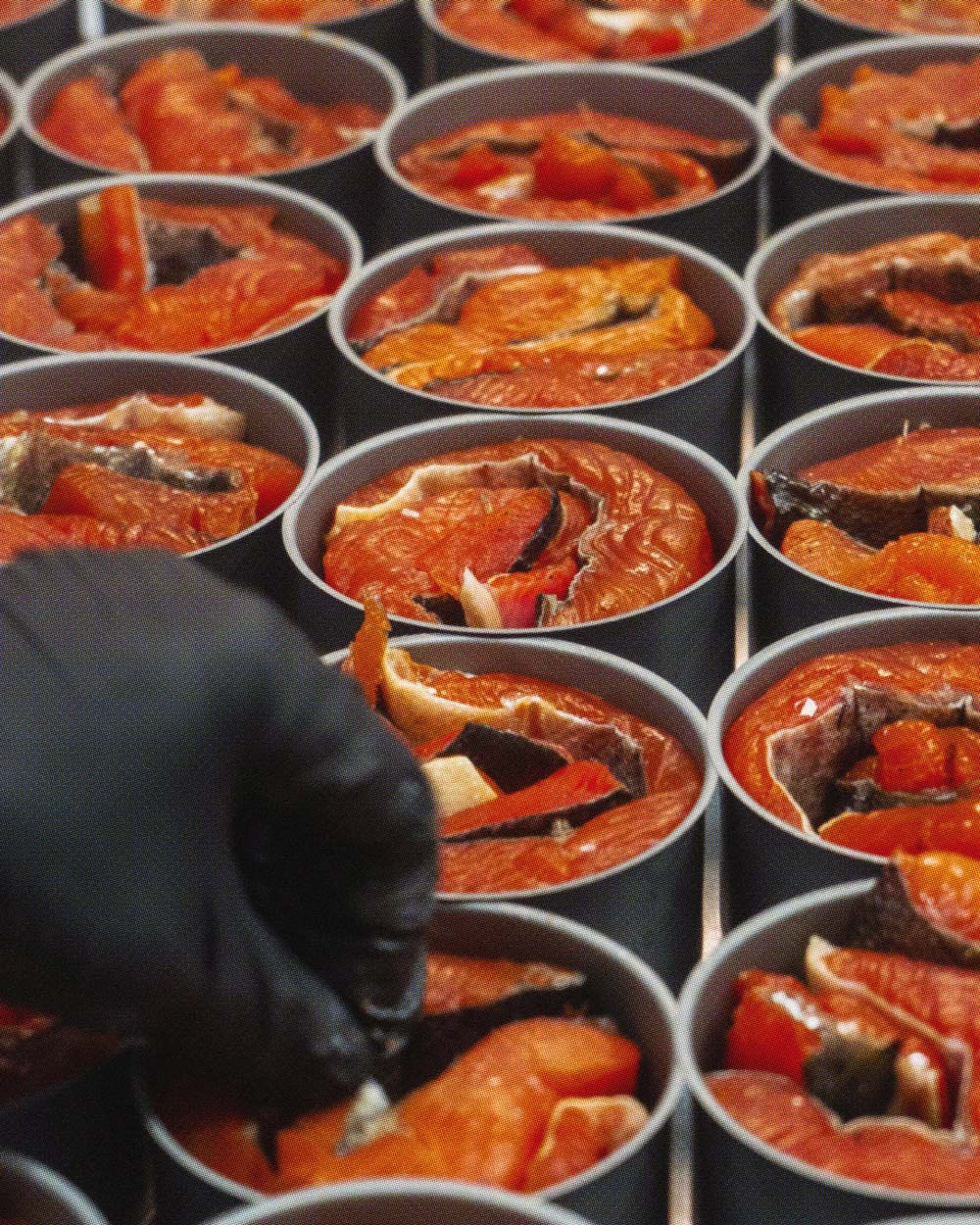

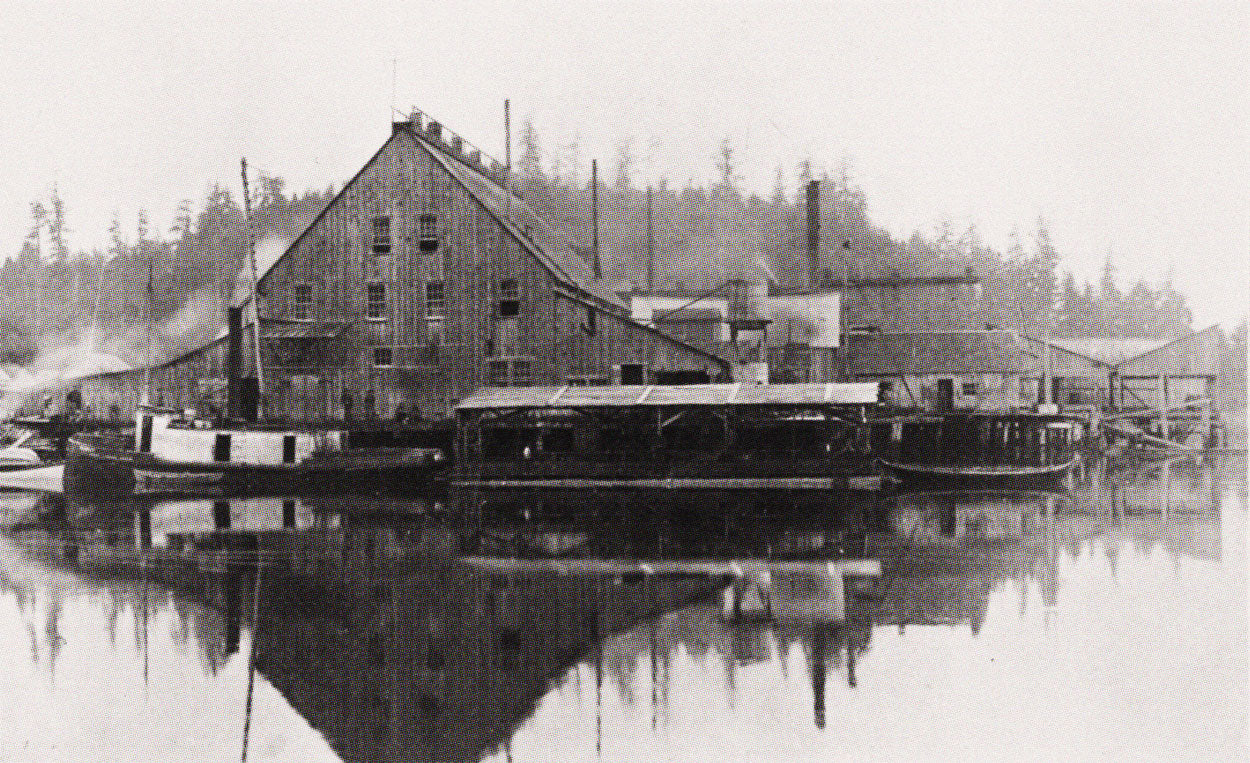
Alaska's first cannery opens in Klawock in 1878
Where’s Klawock you ask? You’re not alone. It’s a small fishing town on a string of islands in SE Alaska in the middle of nowhere. Most people think it’s Canada. It’s not. And pretty much everyone thinks it has damn good fish. It does. Which is probably why the Tlingit have set up fishing camps here for thousands of years.
-
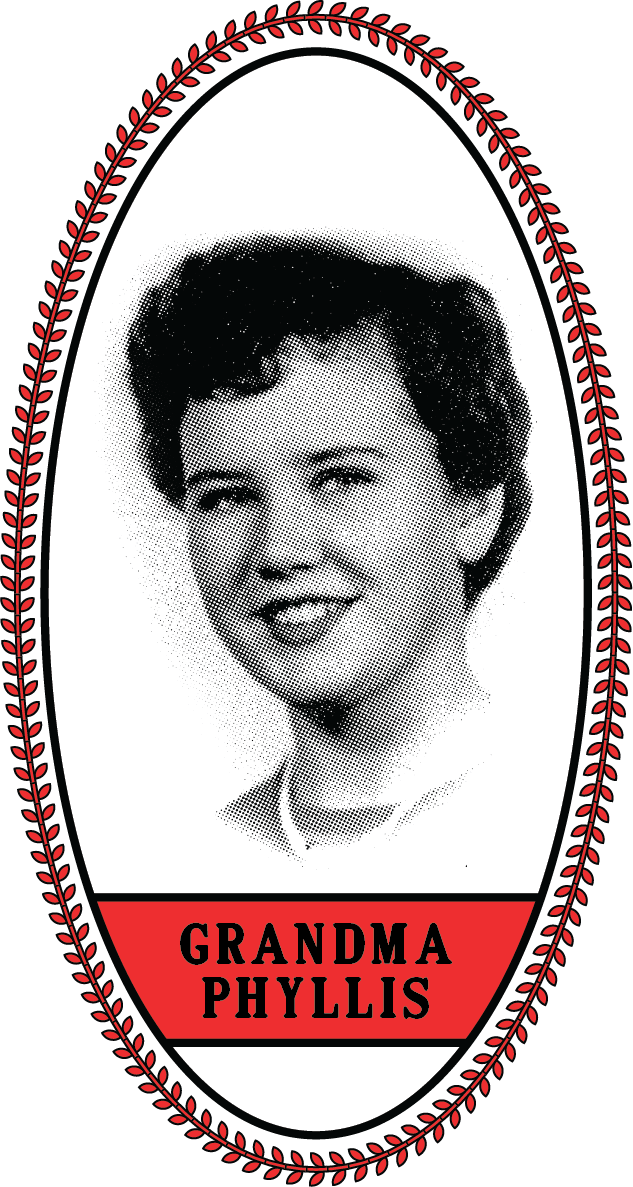
Grandma Phyllis starts Wildfish in 1987
Yep, we’re a family-run operation. Always have been, always will be. Phyllis Meuller founded Wildfish as a smokehouse to feed the community. That was over 35 years ago and we still know the local fishermen by name.
-
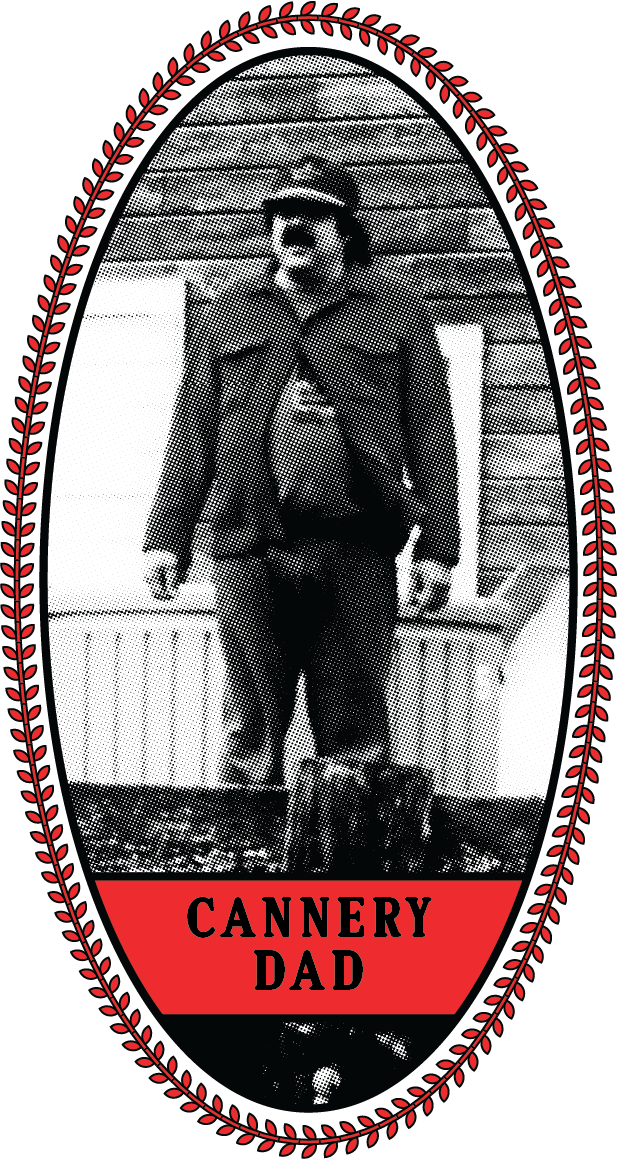
A can-do cannery dad emerges in 2003
It takes a special kind of homebrewer-gone-mad tenacity to start a cannery on purpose. Enter Greg Scaletta. Greg took Phyllis’s smoked salmon—which is still the backbone of our business today—and started putting it in a can. Because that’s what cannery dads do. Then he passed the reins to his son.
-
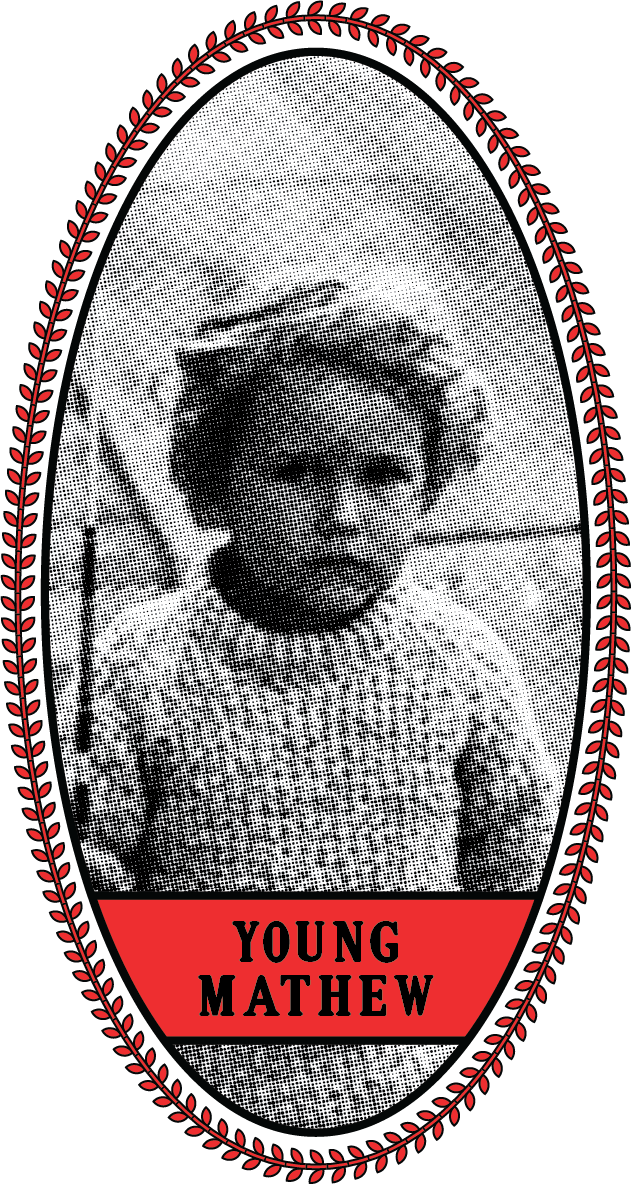
Mathew makes us cheek freaks in 2015
Today, Phyllis’s grandson Mathew Scaletta is steering the ship. After cutting his teeth as a dirtbag line cook in Portland and Chicago, Mathew returned to Alaska to preserve the next generation of tinned fish for the local community and beyond. And he’s not afraid to can the tasty bits most people ignore.
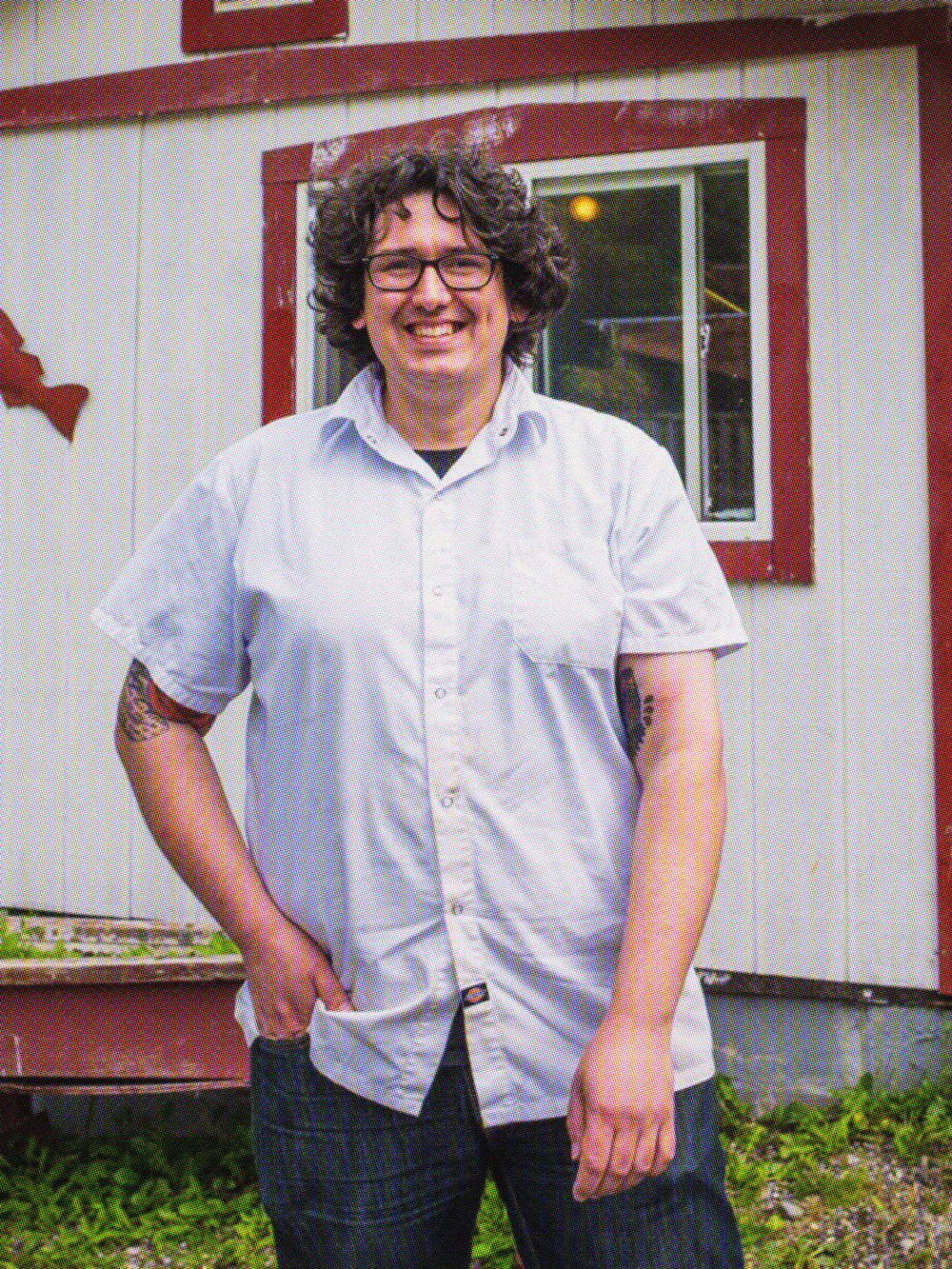
“Everyone should know where their food comes from.”
—Old Mathew
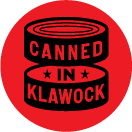
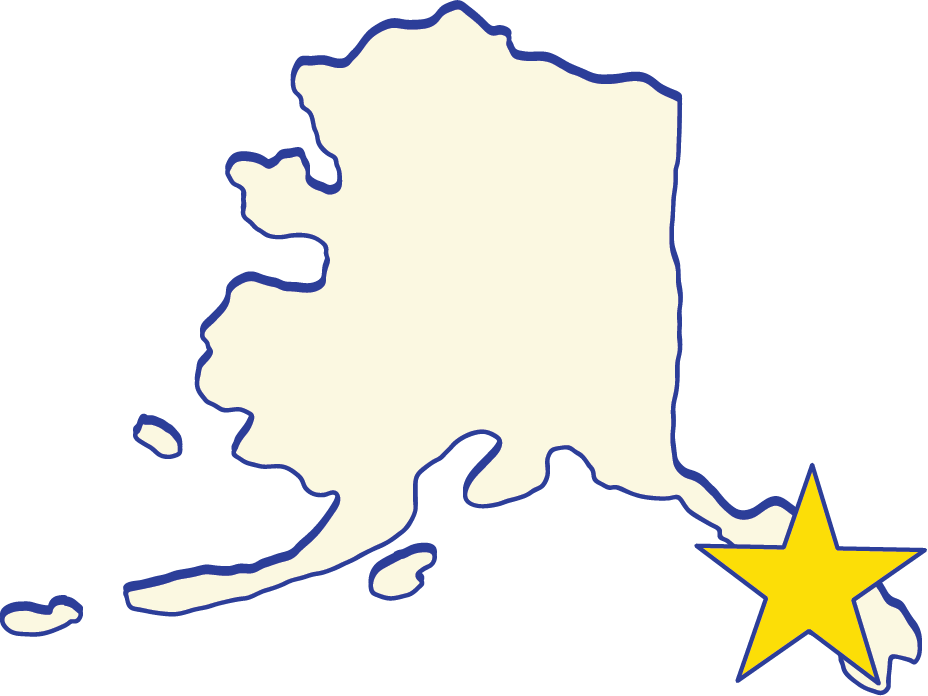
So, where the heck are all the canneries?
With all the tinned fished brands popping up, you’d think there was a cannery boom. There isn't. There’s a rash of new brands riding the backs of real canneries—most of them overseas. That’s all fine and dandy, but it’s not how we do things. We’re putting America on the premium tinned fish map. We can our own fish, create jobs for the community, and share that unmistakable taste of Alaska with the world.
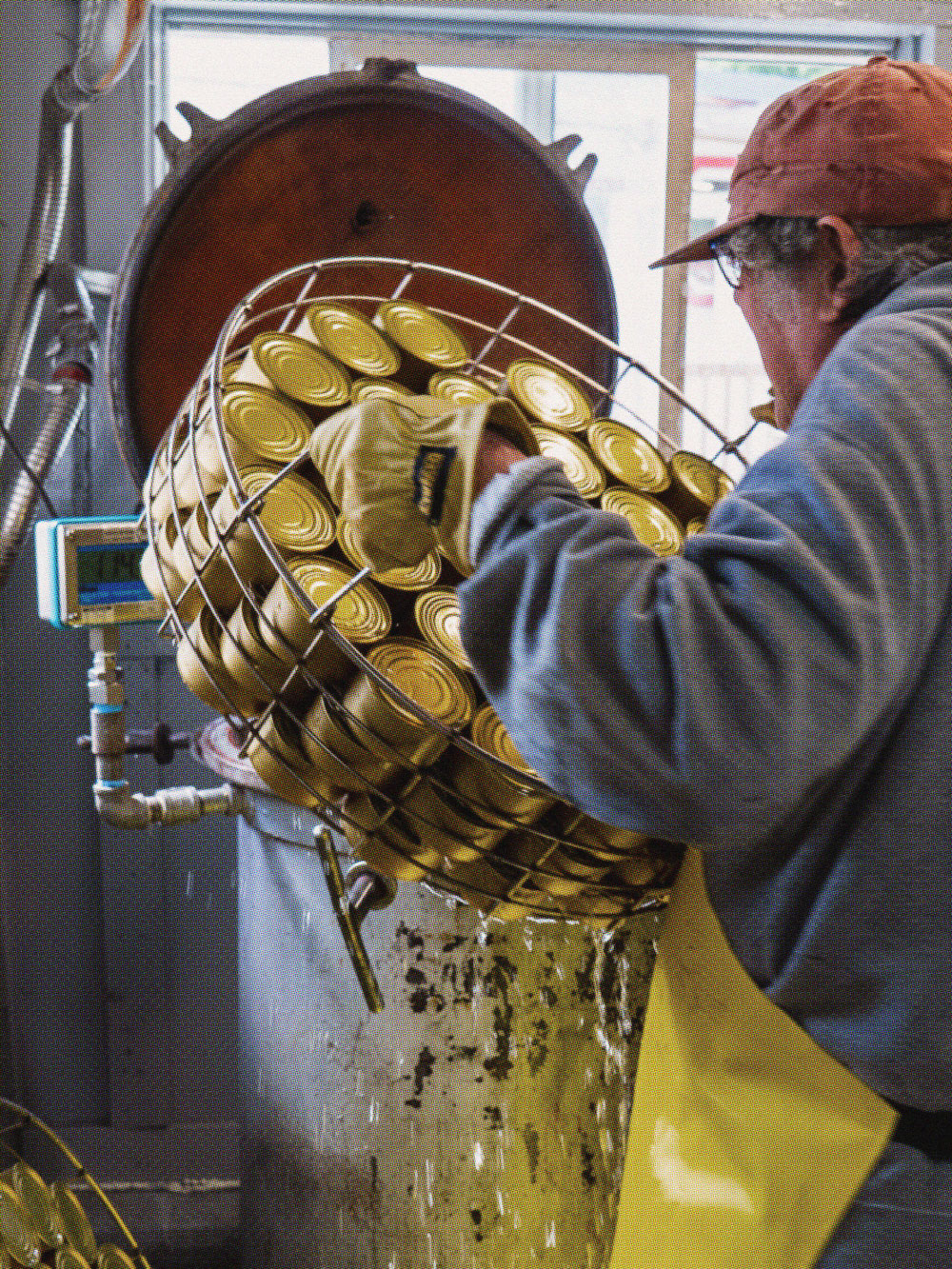
Why are we still doing this?
Because it’s hard. We’re stubborn. And frankly, the local fishing community wants us to. We were here before the tinned fish trend, and we’ll be here after. Still touching fish. Still not using co-packers. And still meeting the same local fisherman on the same local docks to trade their fresh catch for our cooked cans.
